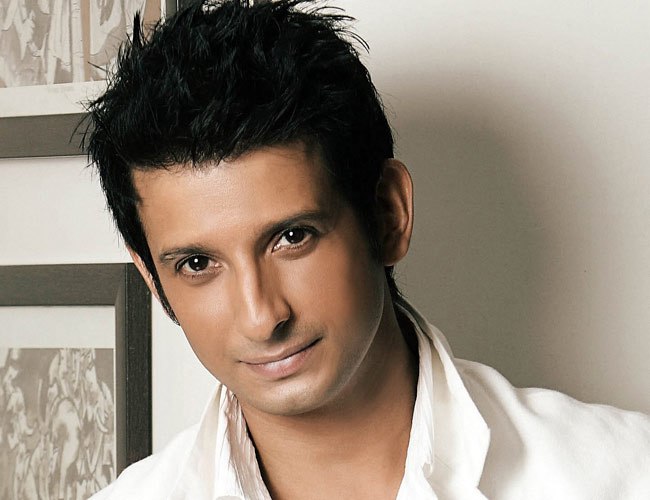
In Their Own Words: Actor Sharman Joshi for “The Least of These: The Graham Staines Story”
When you get to do something for the first time, how does it feel? As we might reflect on all of the “firsts” we’ve experienced, there’s a fulfillment, a sense of accomplishment, happiness, and an accompanying drive that forms within us from it, allowing everything we’ve desired to achieve find new life and, ideally, new realization. Now, you might ask yourself in what context this notion might be presented here in this newest edition of “In Their Own Words” at OneFilmFan.com. Well, allow me to enlighten you–we’re talking acting, the steps taken that lead to what is continuing to become the further adventures of a rising star, now in both Indian and English language films, the latter courtesy of the just theatrically released independent feature film from Skypass Entertainment titled “The Least of These: The Graham Staines Story”, which has also been reviewed HERE.
Yet, the mystery remains, to whom am I referring to that’s associated with this amazingly inspirational yet thought-provoking and challenging film? That would be lead actor Sharman Joshi, whose personal “first” in this case happens to be acting in front of the camera speaking English lines for the first time and loving every moment, obstacles or not. The will and willingness to seek ways to diversify and develop one’s art form plus excel at it consistently takes a level of fortitude and intentionality that not everyone has, and for an all-too-brief, but wonderfully engaging, 20-minute timespan, I had the total honor to speak with Mr. Joshi via phone about his general background and then specifically about his time spent involved with playing one of the pivotal characters in “The Least of These: The Graham Staines Story”, Manav Banerjee.
So, as the film’s media PR guru Jitin Hingorani of JINGO Media handed the phone over to the dynamic actor, the conversation we had went a little something like this.
Sharman Joshi: Hi, Kirk. How are you?
One Film Fan: Good, Sharman! How are you?
S.J.: Very well, very well. Thank you.
O.F.F.: Wonderful. It’s a total honor to talk with and “meet” you. I love opportunities like this, especially in striving to be a fresh Western voice in support of Indian/South Asian cinema and those involved with it. So, again, an absolute pleasure.
S.J.: Thank you, thank you. A pleasure. Thank you.
O.F.F.: Absolutely! So, let’s dive right in. If you’re able, in very broad strokes, for the sake of readers who are not yet familiar with you, could you give us a quick background about you, your journey into acting, and what it has meant to you so far as a career.
S.J.: My family background is that of theater personalities. My father has been a theater producer, writer, actor, and director for about 35-40 years. He’s done some great stuff on stage with Gujrati theater, one of the local languages in India. It’s where he comes from. He then went on to do about two hundred Gujrati films playing the villain, per se, as the bad guy. So, early exposure to that world as both a child, and a grown-up, I always felt acting was something that I would considering doing. I also had backup plans if, possibly, that didn’t work out, to be a lawyer or eventually, if nothing else, a businessman. I’ve always believed I’ve had that sort of instinct to be a business person.
The first plan worked out as one would have imagined, getting my visa to enter collegiate competition, which is pretty intense and holds a lot of value back home in Mumbai where I’m from. I received a lot of love, respect, and appreciation for my amateur work from the theater business while in college, which gave me the confidence to pursue it professionally. My first year as a professional theater actor was also quite wonderful. I was fortunate to be cast in a play which went on to become a big hit. Did plenty of shows for the next two years, about five hundred, performing practically twenty shows per month.
So, all that experience in theater was, I feel, very crucial for me being the kind of personality I am–very shy–and then wanting to be an actor. But, I had my time to say “I’m comfortable.” Otherwise, it’s something I find very difficult, being a shy person. But, theater kind of helped me break away from those feelings, and as an actor, theater became a great training ground for me. I’ve also been an avid cricketer during school and college, and I think I approached my acting career with a cricketer’s mindset. In that sense, I was very lucky to get the two plays I did back to back, going out every night and performing exceptionally , keeping in mind I had to give more than one hundred percent so that someone watching the performance might recommend me to some new filmmaker looking to cast a new actor in their film. Basically, treat it like the Ranji Trophy back home.
Every little “match” should be accounted for and that’s what I did each evening, I performed as well as I could. Actually, how I got my first gig was due to a star seeing my performance and recommending me to a director (Vinay Shukla) whose film, “Godmother”, was my first feature film opportunity, alongside Shabana Azmi, the acclaimed actress, where I played the part of her son. But, that’s how I landed it, because a theater personality who happened to see me perform in a play recommended me. Then, “Godmother” led to many other films and that’s how the journey kind of took off. Now, I am here cast in the film “The Least of These”.
O.F.F.: That’s simply amazing! I love it. You got to pursue your first love (acting), so to me that’s what’s most important, right?
S.J.: Yeah, yeah, that in that regard has been kind.
O.F.F.: Ok, on to your new project, the feature film “The Least of These: The Graham Staines Story”. How did this opportunity come around to be involved with the film?
S.J.: Well, Aneesh, the director of the film, happened to call me and offer me this part. The story of Graham Staines I had been aware of, and so he sent me the screenplay. I read it and thought it was wonderful, likewise the part I was being offered to play, which was very challenging and very exciting. I immediately jumped on it, and you know, that’s how this journey began.
O.F.F.: I just watched the film and truly loved it, so please know that. With the film delving into the always volatile theme of religion, Christianity specifically in this case, the potential controversaries that often seem to surround missionaries of this faith are seen here. Since this is based on real events, and given there was certain artistic license taken for dramatic purposes, do you feel the film still accurately depicts the atmosphere and events portrayed that your character Manav experiences?
S.J.: Let’s see. The broad point for me, firstly, from this movie is that it was a very compelling human drama. This was an incident that took place in India during the 90’s, but it could have happened anywhere else in the world and it would still be a compelling human drama I would possibly be interested in being a part of. Graham’s story and journey, there are various interpretations and ways that people look at it. The film has taken a certain standpoint, but the truth remains that the people who were involved in the harsh actions they took against Graham and his kids were punished, so the truth was involved there. His wife was given the Padma Shri, one of the highest civilian awards in the country, so there’s complete truth to that. These are factual. There might be certain artistic liberties, as you said, which the filmmakers have taken, and me being a part of the film I’ve agreed to go along with those. But, broadly, most of the events are facts and that’s what we portrayed.
O.F.F.: Now, in regard to your character, Manav Banerjee, tell us a little bit about the character without any spoilers, of course, for those who haven’t seen the film yet.
S.J.: Manav is a journalist, a rookie journalist, desperately seeking a job, and “conversion” was at that time a hot topic of discussion in the State of Orissa. He decided to research that subject and then effectively land himself a job in a publication he was so heavily desiring to work with. He was very passionate, but the main agenda at that point in time for him was to earn money for himself and his family. Well, he gets a breakthrough and then it’s through his eyes we see the journey of Graham Staines. Manav approaches the efforts that Graham was putting forth in that town with the utmost skepticism, disbelief, and disregard for public pain, as how could someone be as selfless as that? Then, through this journey, he truly discovers Graham and eventually comes to a conclusion and writes it out for the people to decide what it right and what is wrong.
O.F.F.: Going back to a more personal perspective with this character, I’ve often found that actors who are involved with, what I feel, are inspirational films like this sometimes end up encountering their own deeper exploration of ideologies or beliefs. Did you really get a sense of connection or relatability to the character that allowed you to embody him and the circumstances he encountered? Additionally, how did the story overall, if at all, potentially affect your own sense of self?
S.J.: Well, I suppose the ideal answer would be “yes, it moved me, it changed me as a person, this film was a journey”, but the fact is that so such thing happened for me. Manav eventually chooses to stand by the side of truth. For me, both as a personality and a person, generally that has been my approach towards life. It was not life changing or soul stirring or to the fact of Manav that I can return to. I did not experience any such emotion, but I understood the character’s journey, and I understood the fact that he had the challenges in practical life where he had to provide for his family. At the same time, he had to stand for the truth which he was discovering as he moved along with his research as well as the study afterward that Graham was doing. There were multiple considerations that Manav had to keep in mind and then, eventually, there was truth, so he went ahead and stood for that, which is wonderful.
O.F.F.: How was the experience working with Aneesh and then getting the opportunity to work with Stephen Baldwin, Shari Rigby, Prakash Belawadi, and Aditi Chengappa among others?
S.J.: It’s absolutely wonderful. For Aneesh, this is a labor of love he’s given us, more than a little, as he’s made this film with a lot of love and care. There was a lot of freedom to all the people concerned, creative freedom, where he allowed the people to blossom, of course inspiring them in doing so. Stephen, Shari, all of them, are wonderful actors, total professionals, and it was a pleasure and treat to work with them. It actually turned out that when you work with people outside of India, you won’t know exactly what their working style will be. But, it all boils down to being in front of the camera, approaching the character, and being professional in your approach, which is how it was. Stephen and Shari are wonderful actors, so it was a very challenging for me as an actor. A good actor always brings out a better performance from your end, too, because it ups your challenge that much more in a very positive manner, as it were.
O.F.F.: And this was your first English language film, correct?
S.J.: Yes, that’s true, that’s true. I’ve been doing English theater, but being in front of the camera and working for an English film, yes this was my first time. Personally, for me, with all my schooling, college, and everything I’ve been in the English language, and my parts were always in English before I put them out. In that sense, it wasn’t much of a challenge fortunately. But, yes, there was a certain feeling of strangeness to the entire thing, to be in front of the camera and speak English lines, again being the first time doing so. It was odd for the first few days and then after that, I found my bearings and it was fairly easy thereafter.
O.F.F.: Well, I think as the final thought then, since I believe our time is just about up here, which it goes so fast….
S.J.: You know, what timing is that! Jitin was just approaching me….
O.F.F.: Oh! If you have just a moment more, I was simply going to ask the following. With the beautifully overwhelming concepts of truly deep forgiveness and unconditional love that get presented in the film, and given our world’s current state of anger and hatred, I’m thinking it’s safe to say this is a film that the world at large needs to see, ideally to embrace those ideas and apply them. Would you agree with that?
S.J.: Absolutely, absolutely. Tolerance, love, and respect. Respect more so is most important in today’s time. Whatever faith, belief, understanding, or religion you come from, whatever keeps one moving in life, the other person needs to respect that, allow that, everyone in their own space. Live and let live. They are simple words, but today they need to be practiced. That’s what we need, what we need for sure.
O.F.F.: Sharman, it has, once more, been an consummate pleasure. Thank you again for taking the time!
S.J.: Likewise. Thank you, thank you so much.
Straightforward, to the point, all business, yet soft-spoken and emanating a quiet, authoritative confidence that I admire in accomplished actors, I often say that we’re looking at an artist we will certainly be getting to see more and more often as their notability builds, and this is no exception here with Sharman Joshi. The talent is there, the dogged determination resonates strongly, and there’s the body of work achieved to date that speaks for itself. Let’s look forward to the opportunities that shall present themselves for us all as film fans to take in more efforts put forth from this humbly excellent thespian and therefore continue to support the ever-expanding world of independent cinema across the world and give it the just due it more than deserves.
Want to keep up with what Sharman Joshi is up to as well as support “The Least of These: The Graham Staines Story”? Check out the following paths to do just that:
“Follow” Sharman on TWITTER
“Like” & “Follow” Sharman’s Page on FACEBOOK
“Follow” Sharman on INSTAGRAM
“Follow” the film on TWITTER
“Like” the film’s Page on FACEBOOK
Check out the film’s OFFICIAL WEBSITE
With that, I am going to leave things just as they are! A final “Thank you!!” to Sharman Joshi for allowing me to invade his busy schedule for this interview and to Jitin Hingorani and JINGO Media for arranging the opportunity.
As always, this is all for your consideration and comment. Until next time, thank you for reading!


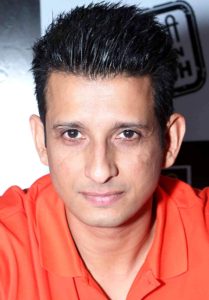
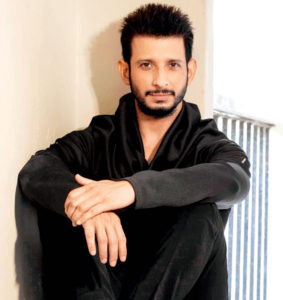
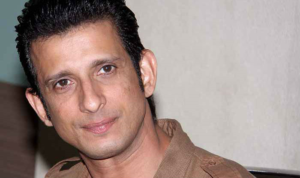

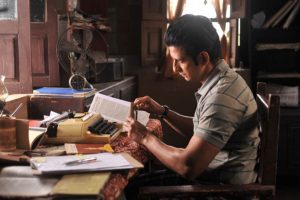
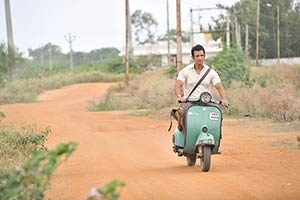
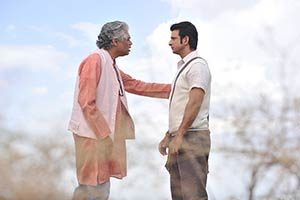
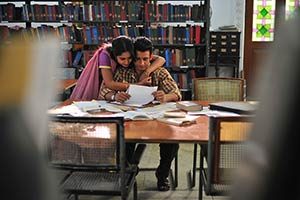
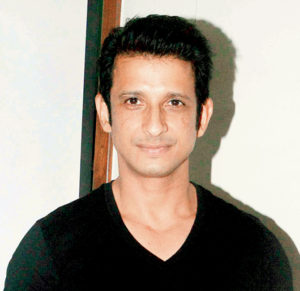
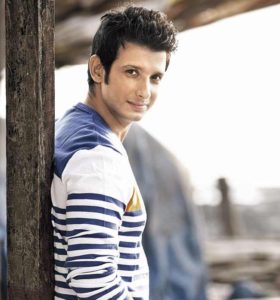
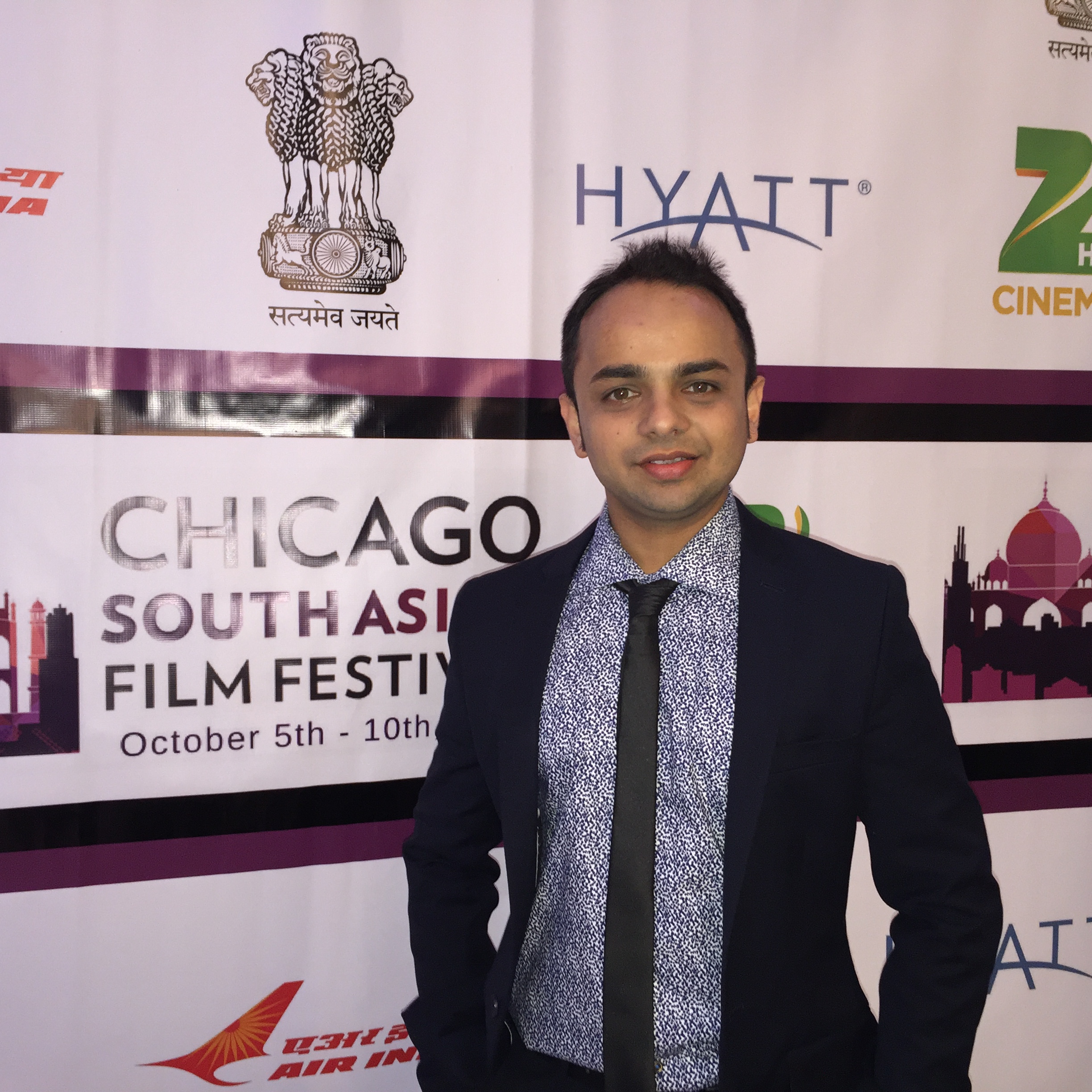
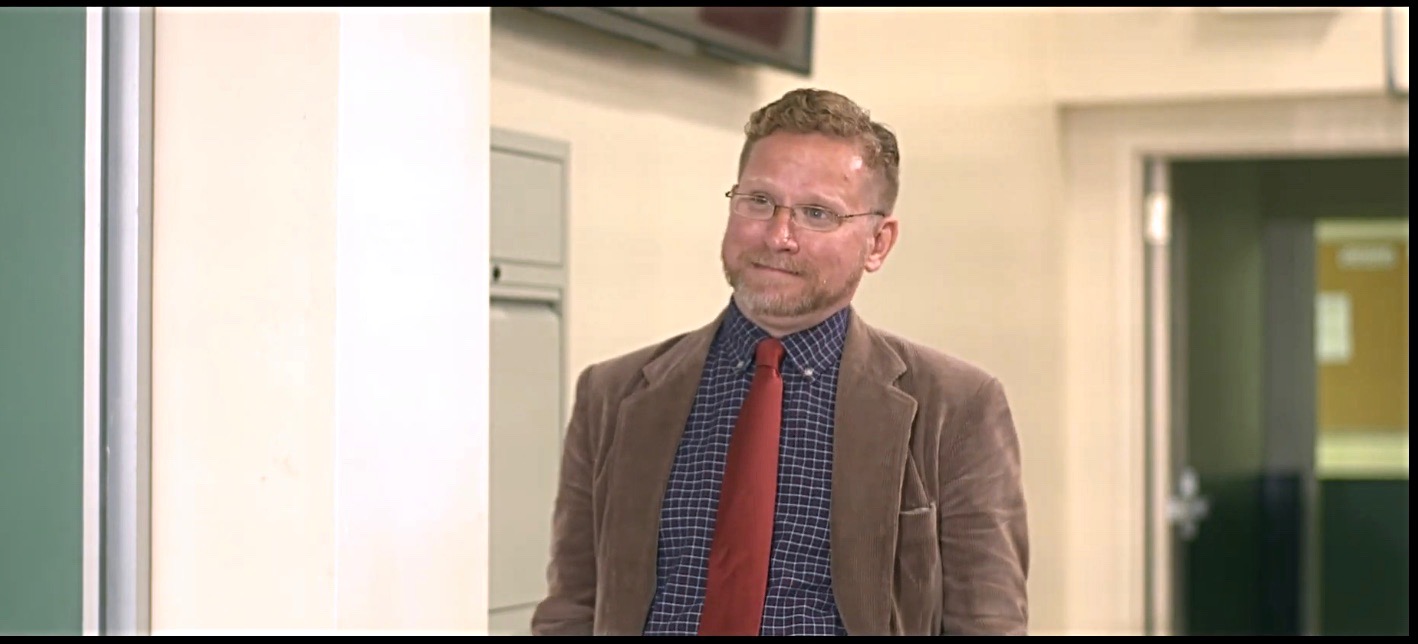
Permalink